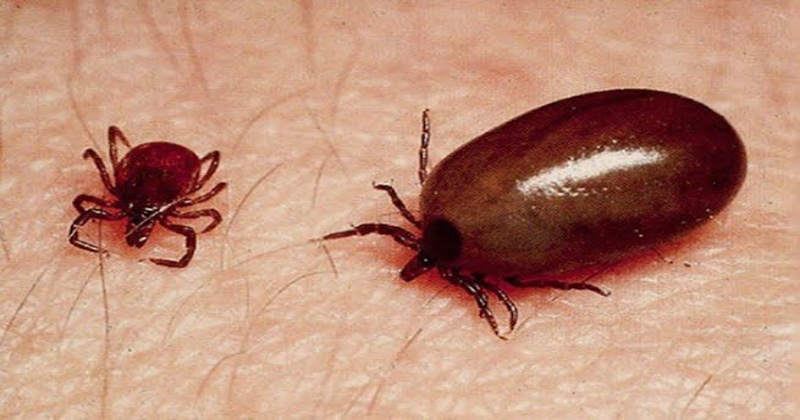
A central team’s report has highlighted that delayed diagnosis and treatment were key factors contributing to the deaths of scrub typhus patients in western Odisha districts. The report emphasizes that the cases of scrub typhus surged due to the behavior and exposure of the local population in the region. A multi-disciplinary central team conducted a situational analysis of scrub typhus in the state, focusing on Jharsuguda, Bargarh, Sundargarh, Sambalpur, and Bhubaneswar, where over 2,800 cases and eight deaths were reported.
In their interim report submitted to the government, the central team pointed out instances where delays in testing, hospital admission, and initiation of treatment occurred, leading to severe consequences. Some patients with scrub typhus-related organ complications and other health issues were diagnosed late, further exacerbating their conditions. The review of case records revealed complications like pneumonia, acute respiratory distress syndrome, myocarditis, and kidney involvement in some admitted patients, including those who did not survive.
The central team’s observations underscore that a significant number of patients in the region reside near forests or farms with the presence of rodents, pets, livestock, and cattle sheds in their homes. Additionally, the population’s practices, such as walking barefoot, inadequate use of protective clothing, and lack of proper personal hygiene, contribute to the risk of contracting scrub typhus. The team also noted that open defecation was observed as a potential factor for exposure to the disease in many cases. As recommendations, the central team suggested regular training and orientation for medical officers and field health staff to stress the importance of early diagnosis and testing to prevent complications. They also advised strengthening fever-related syndromic surveillance and the referral system for critically ill patients, while emphasizing the need to provide accessible and affordable sanitation facilities.

Post Your Comments